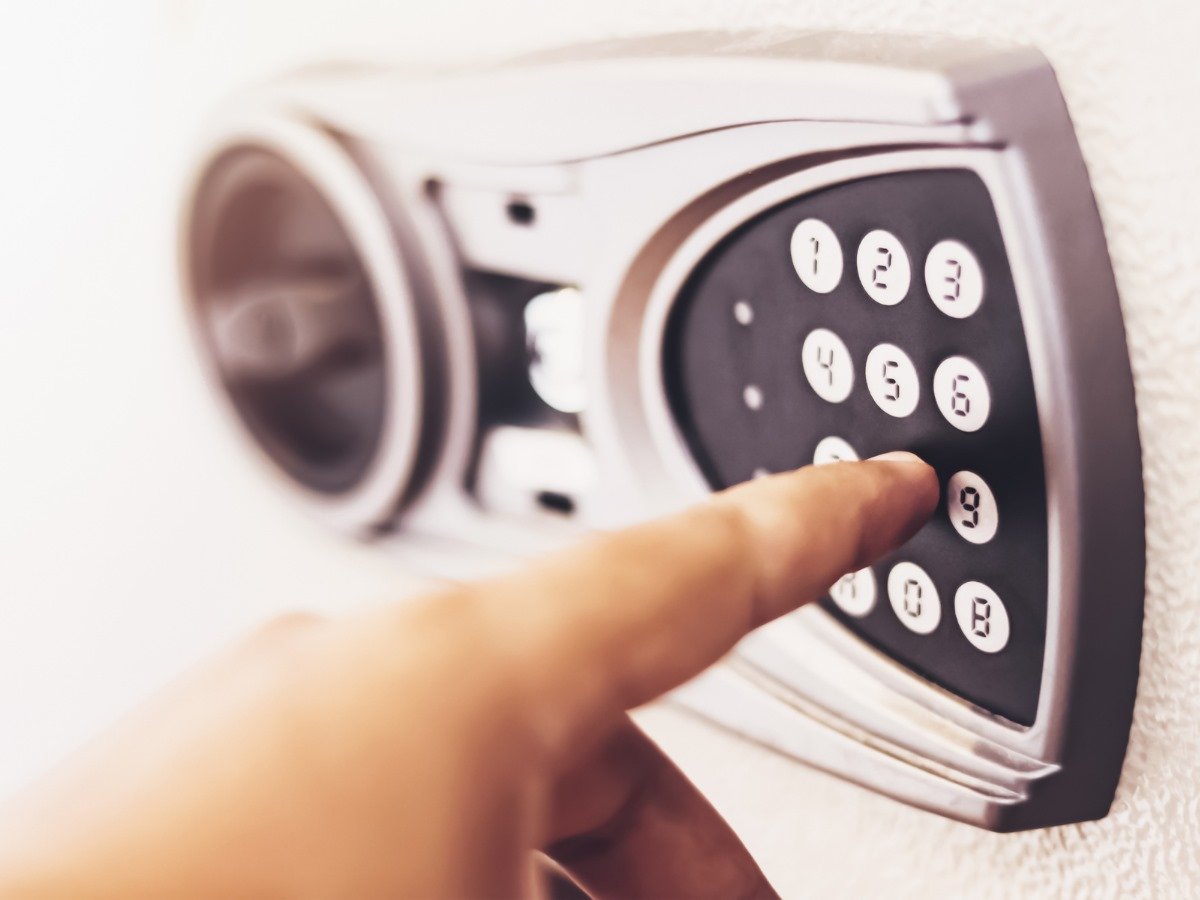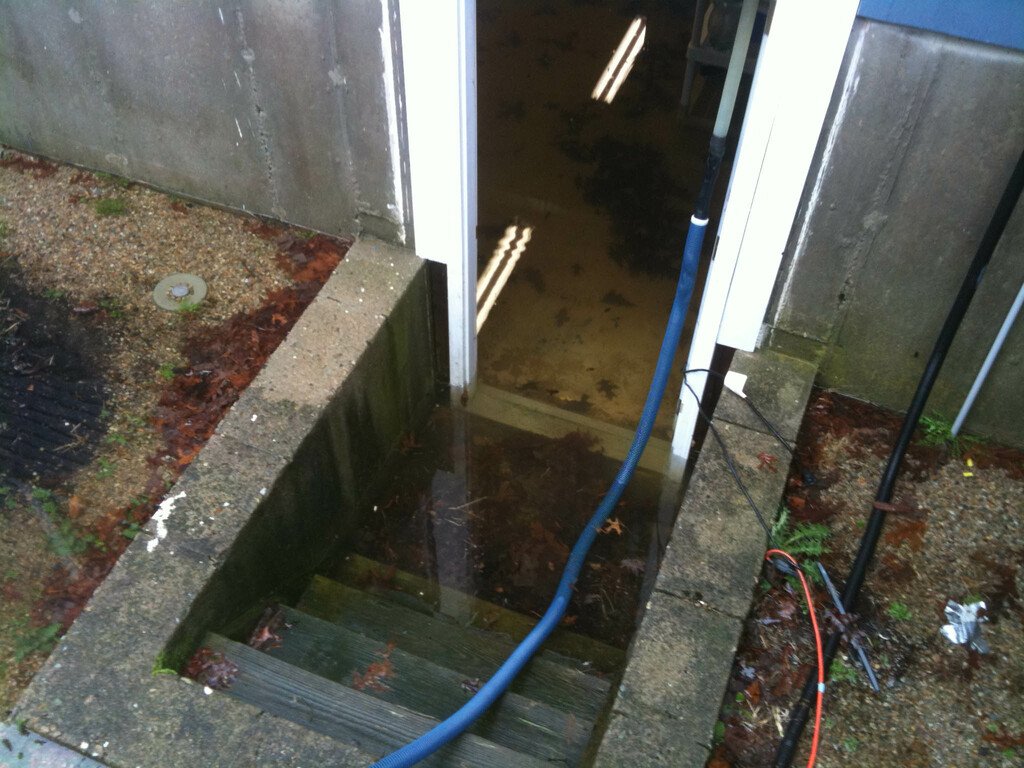Table of Contents Show
A home safe can be a great investment, whether you need a place to store valuable jewelry and cash or to protect important documents.

Many people prefer to keep these valuables at home rather than in a bank deposit box. Some of these people also believe that these documents, jewelry, and other valuable items are best kept in a home safe within their vicinity.
A home safe, for the unfamiliar, is a locked steel box created and intended to safely keep valuables such as money, jewels, or important papers.
In terms of forms, sizes, and designs, there is a vast range of safes on the market. Here are six crucial considerations to take into account if you’re thinking about getting one for secure storage of your belongings.
Consider the Size and Space
The size and shape of a home safe are the most important factors to consider. It’s pointless to invest in a safe if it can’t hold your valuables.
Safes protect important papers, cash, coins, stamp collections, jewels, firearms, and other valuables against theft, tampering, fires, and floods.
Choose one that’s the perfect size for the quantity and size of items you wish to protect, with enough room to add more later. Smaller safes are simpler to hide, but they’re useless if they can’t hold what you need.
Don’t Scrimp on Quality
Get the best safe you can afford that fulfills your requirements. When it comes to size vs. quality, sacrificing a few cubic inches for a safer safe is well worth it.
You can even consider having multiple safes one for high-value things and another for the remainder. When a gun safe is utilized just to keep firearms and ammunition, it is the safest.
You don’t want to rummage through mountains of paper or bags of jewelry if you need to get to your firearms fast.
Read Also:
Consider Portability
If it’s not too hefty, a portable safe can be transported out in an emergency. However, remember that whatever that you can carry, thieves can carry as well.
Wall and floor safes, as well as hefty floor safes, are nearly hard to steal. Furthermore, they can be used as décor.
If the safe cannot be relocated, it must be able to endure calamities such as fires and floods, which brings us to our next point.
Check Whether it Fits in the Expected Location
Even your safe should be kept in a secure location in your house. For example, floor safes are not safe when your hot tub or swimming pool overflows and fills the basement.
It’s also lousy planning to put a safe near a patio entrance. Before you install your safe, consider the logistics of its location.
Assess the Protection you Need
One of the most critical considerations is the level of protection you require. A house safe can provide you with the following forms of protection:
- Fire Protection: The materials used in a home safe must be durable enough to safeguard your belongings from fire. For example, if you’re storing important papers, you’ll want to ensure the safe is fire-resistant. We suggest that a safe has a 2-hour fire rating.
- Burglary Protection: You may want to invest in a house safe to safeguard your belongings in a break-in. If you require this level of security, you might consider purchasing a floor-mounted safe. This will add to the burglary resistance and make it less likely that the burglar will get away with it.
- Water Protection: To safeguard valuables from water damage, you can consider purchasing a home safe. While making a totally waterproof safe is significantly more challenging, you may provide water resistance against forces such as fire hose spray. We strongly advise you to get a home safe that satisfies this water-resistant requirement.
Consider the Type of Lock
Choosing the right home safe or business safe might be difficult enough if you’re unsure what you need, and even then, you have to worry about the many safe lock options.
This is the most common choice that is shown. A manual safe lock (also known as a critical lock) comes with two keys and is extremely simple. These locks are of exceptional quality and durability, and they’re ideal for those of us who struggle to remember numeric passcodes.
There are several distinct types of electronic safe locks (also known as digital safe locks), each with its own set of characteristics.
Basic electronic safe locks are a good choice for home security if knowing a code is easier than remembering a key. Still, there are also some more complicated electronic safe locks available.
Biometric safe locks simply work by scanning your unique fingerprint, usually stored on a connected electronic device.
Because fingerprints are very difficult to replicate or alter, as long as no one has access to your hand, you can relax knowing that no one who isn’t authorized will be able to gain access.
Key Takeaway
Whether you need a place to keep costly jewelry and cash or need to secure crucial papers, a home safe may be a fantastic investment.
However, it is essential to consider different factors before buying one to ensure that you buy the right product perfect for your specific needs.
If you’re looking for high-quality locks, make sure to consult a reputable locksmith in Denver for peace of mind, convenience, and quality services.









